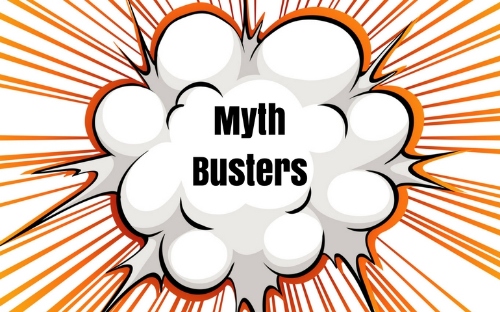4 Reasons Why Multitasking Can Derail Your Day

4 Reasons Why Multitasking Can Derail Your Day
Common wisdom dictates that a master multitasker is likely to garner the most success. After all, doesn’t juggling multiple projects at once mean you’ll work faster than if you took each one as it came? While multitasking is often cited as a desirable skill—and surely serves its purpose now and again—studies show that a mere 2% of individuals can actually multitask effectively. Meanwhile, the remaining 98% might be doing more harm than good by trying to tackle too much at once. Take a look below at some little-known facts about the risky side of waging a routine built on multitasking.
-
Multitasking decreases productivity.
While multitasking gives us the illusion of completing two tasks at once, it actually means our focus and productivity is split. In other words, switching back and forth between two activities doesn’t mean they’ll each be completed sooner; it means that you’re getting half-as-much complete as you would if you focused on a singular task. Multitasking fatigues your brain, elicits stress, and make you less efficient in retaining new information.
-
Multitasking is actually addictive.
While watching TV or taking a walk, have you ever noticed the impulse to check your smartphone or scroll through your social media feed? Even though we think about multitasking as a workplace skill, it’s also an addictive form of mental stimulation. By satiating our need for distraction with constant check-ins online, we become accustomed to frequent breaks in our focus, training us to crave updates, messages, and push notifications—we even hit refresh when we’ve checked in five minutes prior! This negative habit-building makes it difficult to complete sustained bouts of concentration.
-
Multitasking has negative physical side effects.
Studies show that those who juggle multiple focus-intensive activities actually show spikes in cortisol, a stress hormone. Likewise, frequent multitaskers display symptoms of sleep deprivation: fatigue, disorientation, and lack of focus. Studies in Europe have recently discovered that those who consistently multitask may actually show decreases in empathy and emotional control. What’s more, a constant sense of anticipation—readying to switch from one task to another, or persistently checking for e-mail updates—can potentially cause a decrease in overall IQ.
-
Multitasking breeds mistakes.
When our attention is split between tasks, it’s difficult to perceive and retain detail-oriented information. Because of this, mistakes—typos, clerical errors, mislabeled documents, and the like—occur with greater frequency. We’re in such a hurry to complete a portion of a task and switch to the next project that we lose sight of prompts, deadlines, and tying up loose ends. This means multitaskers are far more likely to overlook a glaring error than an individual who is devoting 100% of their attention to the task at hand.
Now that we understand some of the dangers of multitasking, what can we do about it? While our tech-driven day-to-day might make focusing on a singular task a difficult endeavor, it’s the surest way to produce efficient, error-free work—while cutting down on stress, fatigue, and miscommunication. Try approaching your tasks for the day with a clear-cut schedule, moving one task at a time down your to-do list. This approach can eliminate some of the inefficiency inherent in multitasking and make for your most productive work routine yet.




